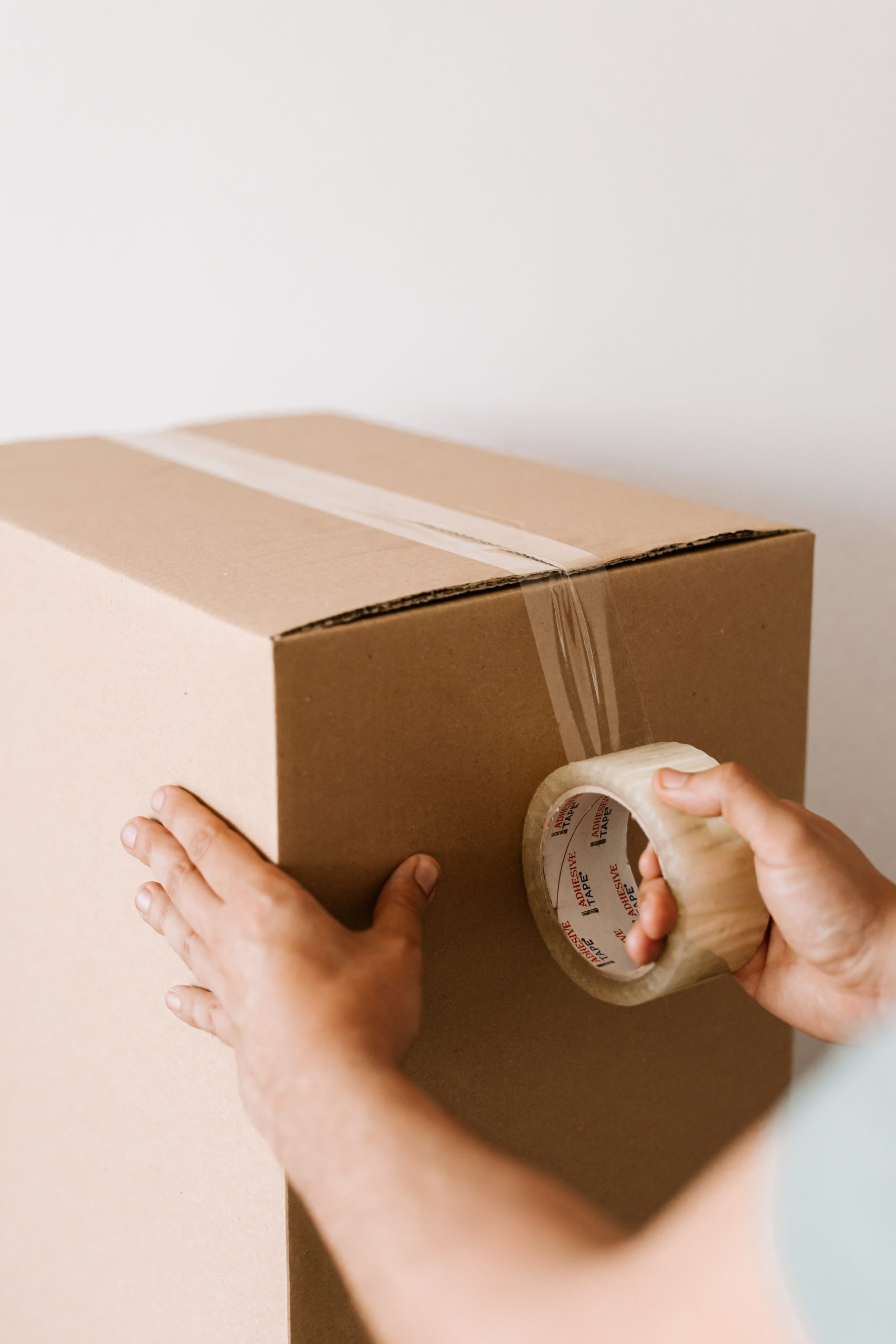The British Columbia government recently announced that the maximum rent increase for existing tenants in 2024 will be capped at 3.5 percent. This decision represents the second consecutive year in which the allowable increase has been set below the rate of inflation, underscoring the government’s commitment to strike a balance between the interests of renters and property owners.
Housing Minister Ravi Kahlon emphasized the growing challenge of rising costs, especially in the housing sector, which has become unsustainable for many individuals and families across the country. While this year’s increase is higher than the previous year’s two percent cap, it remains significantly below the 12-month average inflation rate of 5.6 percent.
Since 2018, British Columbia has tied maximum rent increases to inflation, aligning them with the average rate of the Consumer Price Index from the one-year period ending the previous July. During the early years of the COVID-19 pandemic, the province imposed a rent freeze and subsequently limited annual increases twice due to concerns that surging inflation would lead to housing instability.
The Ministry of Housing plans to return to CPI-linked increases “in future years,” signaling a commitment to addressing the ongoing affordability crisis.
Critics of the government’s approach, including landlords, argue that rising costs and interest rates have already impacted their financial viability, resulting in some purpose-built rental housing projects being halted or abandoned. B.C. Premier David Eby expressed concern about the loss of such projects, emphasizing the importance of increasing rental stock to combat skyrocketing rents. The government is actively collaborating with local governments and utilizing public land to develop affordable rental housing.
On the other side, tenant advocates are calling for additional rent freezes and protective measures to prevent homelessness, as many renters would face significant challenges in finding affordable housing if they were evicted. Recent reports indicate that the average rent for a one-bedroom unit in Vancouver now exceeds $3,000 per month.
For most tenants in the province, a 3.5 percent increase would translate to paying several hundred dollars more each year, sometimes surpassing the recent property tax increases faced by homeowners. Renters currently paying $3,000 per month would need to allocate an additional $105 per month or $1,260 annually. Those paying $1,500 would face an extra $52.50 per month or $630 per year. In contrast, owners of single-family homes assessed at around $2 million saw an average increase of $326 in property taxes due to Vancouver’s 10.7 percent hike for 2023.
It’s important to note that the province’s maximum allowable rent increase does not apply to commercial tenancies, non-profit housing where rent is income-based, co-operative housing, or some assisted living facilities. Landlords can only implement the 3.5 percent increase starting from January 1, 2024, and must provide their tenants with three months’ notice. Any attempt to apply next year’s allowable increase before the end of 2023 will render the hike null and void, with tenants not obligated to pay it, as clarified by the Ministry of Housing.
__
It is so important to us that you feel empowered and educated throughout the buying and selling process – if you want to achieve your real estate goals or are thinking about listing your home soon, give us a call, text, or email with any questions you have! We can answer all of your questions, and give you specific tips related to the investing, stratas, and more. We’re here to help.



